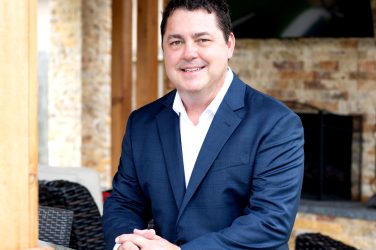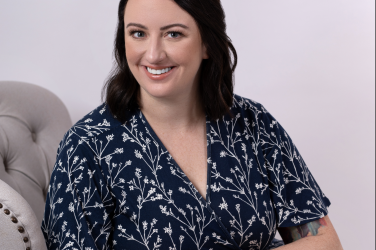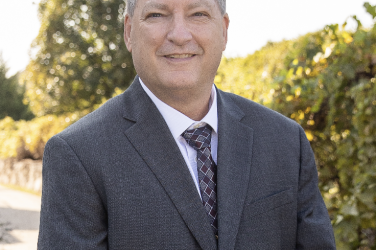
Q&A
Financial Advisor
What are the greatest risks to my retirement assets?
The top risks retirees face in retirement include market volatility, inflation eroding purchasing power, and tax implications. Managing these risks through diversified investments, proper planning, and periodic reassessment of financial strategies can help retirees safeguard their retirement funds.
What do I need to know about taxes?
Taxes play a major role in how to invest and manage your money moving forward. In retirement, effective tax strategies involve balancing withdrawals from various accounts, considering Roth conversions, effective Social Security benefits planning, and optimizing deductions and credits. Managing capital gains through tax loss harvesting is also important. These approaches aim to minimize taxes, maximize after-tax income, and preserve wealth during retirement.
What should I look for in a financial adviser?
Look for someone who is independent and not tied to a particular company or investment. Working with a Certified Financial Planner™ will ensure you are working with a fiduciary advisor to manage all your investments. A fiduciary is committed to doing what is in your best interest, unlike a broker. In other words, we have a legal obligation to always act in your best interest. Brokers are not always obligated to act as fiduciaries, and they focus only on selling financial products. I like to compare it to shopping for suits or a dress. A fiduciary not only helps you find the right suit or dress but also makes sure it fits.
What type of investments should be part of my financial plan?
Any sound financial plan should include Retirement assets, pensions, tax planning, and Social Security. We look at financial planning like a Rubik’s cube. You have to make sure that all the pieces of your plan are working together. Often when people first use a Rubik’s cube, they line up one side. Take the yellow side. Now that one side is complete you go to start on the next side, and it messes everything up. So many times, we talk to folks who have gotten isolated advice on Social Security or 401(k) investments without considering taxes and risk. You have to look at all sides of the Rubik’s cube to build a complete financial plan.
How should I handle a volatile market?
With wide access to leading research, we are able to construct portfolios that accommodate various levels of risks. Handling volatility starts today by building a plan that you can live with when the market gets rocky. The worst thing you can do is start selling quality assets when the market is down. How would you know when to go back in the market? We see many people who sold during 2008 and have never gotten back in the market. Building a sound financial plan based on your comfort level with risk will help you ride through even the rockiest of markets.
About The Expert

Jon Lawton, CFP®
Open Air Advisers
Jon Lawton has more than 20 years of experience in the financial planning industry. He holds a Bachelor of Business Administration from Baylor University. Jon is also a practicing Certified Financial Planner,™ a certification earned by attending an advanced planning curriculum from Southern Methodist University.










